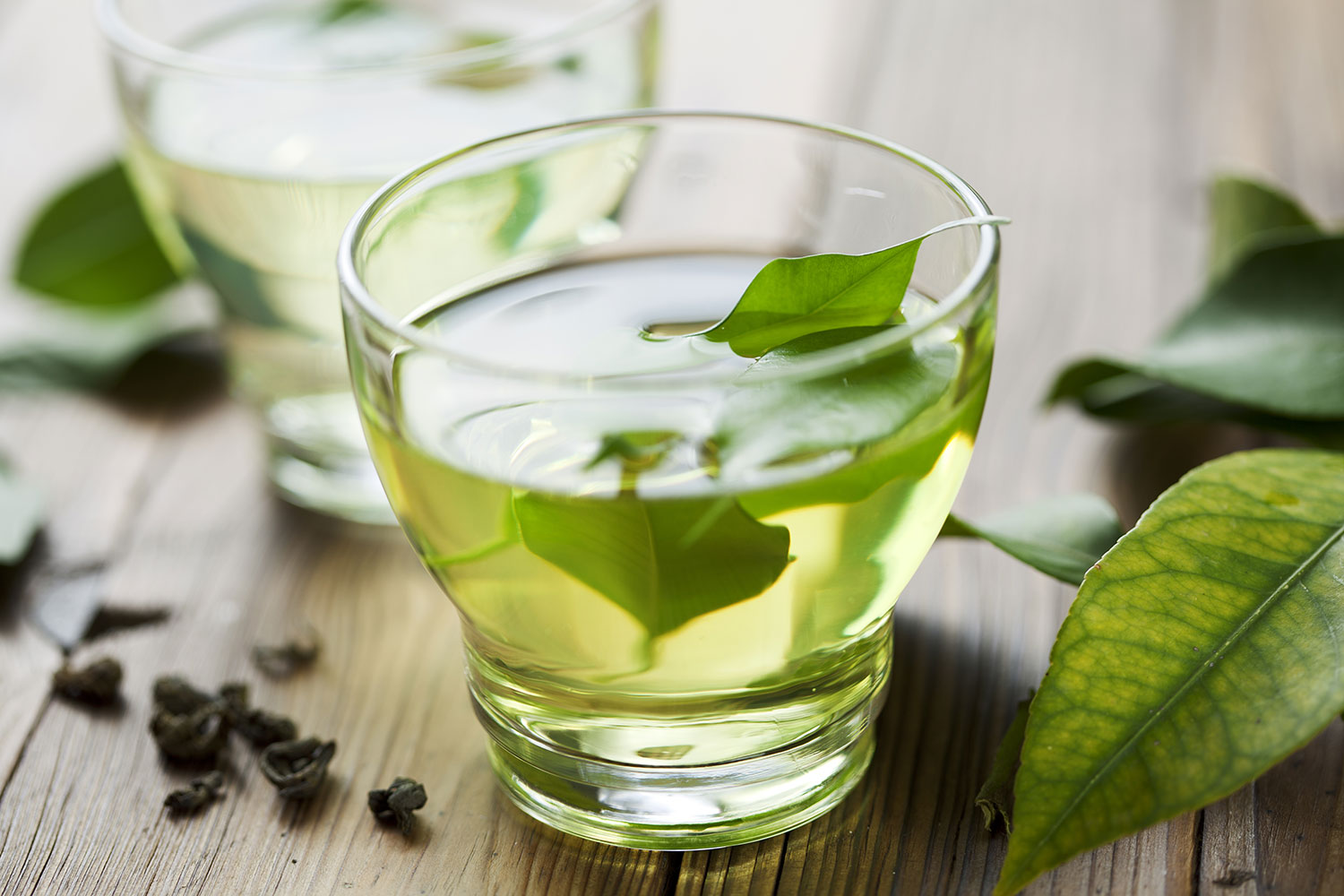SYMMETRIA®
BLOG

Food For Stress Part 1
Are there foods that reduce stress or does the consumption of food work as a soothing mechanism? The answer to this question is that both cases are true.
The most important thing is to learn to use food to better manage stress and not have your diet be an additional stress factor and bad-mood instigator. According to the scientific data to date, it appears that 70% of people react to intense and stressful events by increasing their food intake, while 30% reduce their food intake in corresponding circumstances. The statistics do not support those who are trying to regulate their weight. Furthermore, reaction is not the only thing that one is accustomed to have under psychological pressure. Chronic stress (among other things) results in elevated cortisol levels, which contribute to poor glucose control and increased propensity to consume carbohydrate foods, such as sweets, pastries, potatoes and bread. At the same time, scientific data indicates that elevated cortisol levels are associated with the deposition of fat in the abdomen. Therefore, there are multiple mechanisms that require our food to be our ally against stress - as opposed to being our enemy. There are foods that seem to be able to operate in a supportive manner in difficult situations, either because of their composition, or because of a particular nutrient they contain.
Cashews: The smart food
Nuts in general are foods that are rich in good fat and they are an ideal protein snack that can greatly contribute to the feeling of satiety. In addition they also help to reduce cravings. Of course, you need to be careful with the quantities you consume, as they are energy-dense foods. Due to this, they are recommended in specific amounts, especially to people who are trying to regulate their body weight. Cashews in particular are our allies against stress as they are particularly rich in zinc. Low zinc levels have been associated with high levels of stress and increased incidences of depression. Zinc is not stored in some way in the body, so it is advisable to ensure that you obtain it on a daily basis. The advantage of cashews is that they can be consumed as a snack and they can also be used in cooking or in salads. Alternative good sources of zinc are also mushrooms, parsley, oysters, pumpkin seeds, sesame and eggs.
Chamomile: Time for relaxation
Chamomile is perhaps one of the most traditional natural relaxants, which is also confirmed by modern scientific studies. Specifically, researchers from the University of Pennsylvania gave fifty-seven people with an anxiety disorder, a chamomile supplement for eight weeks and they observed that this reduced their anxiety symptoms greatly. Since chamomile is an herb that is abundant in Mediterranean countries, prefer to brew it with your snack or in the evening when you’re in the need for relaxation. Surely a teaspoon of honey will make your drink even more aromatic.
Green tea: Keep calm and concentrated
Green tea may be a mild stimulant, but this is also why it can contribute to mental clarity and the better functioning of the nervous system. If you’re passionate about consuming large quantities of coffee, think again. Opt for green tea if you’re looking for a way to concentrate better at work, as large quantities of coffee can lead to stress and frustration.
Do you like our content?
SUBSCRIBE
to keep up with SYMMETRIA's® latest news, partnerships, offers, new protocols and products
This site is protected by reCAPTCHA and the Google Privacy Policy and Terms of Service apply.
